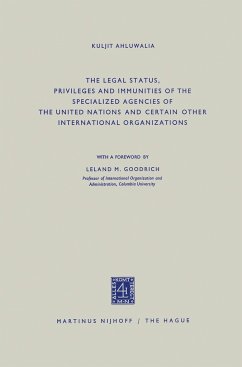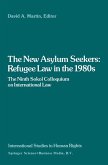The government of Australia continues to violate international human rights laws and norms regarding refugee and asylum seeker rights. Asylum seekers fleeing to Australia by boat, or by any irregular maritime arrival, are denied basic human rights outlined under the 1951 Refugee Convention and its 1967 Protocol, both of which Australia has signed and ratified into its domestic legal code. The public perception of these colloquially deemed, boat people, changes depending on the political party in office. The transitional nature of this immigration issue allows for human rights abuses to go uncontested. This paper outlines the history of asylum seeker issues in Australia, the flip-flopping political stances regarding boat people, the direct violations of Australia s international law obligations, the most heinous, current policy concerns under Tony Abbott s administration, and possible sustainable solutions that can be applied with the help of domestic and international pressure.
Bitte wählen Sie Ihr Anliegen aus.
Rechnungen
Retourenschein anfordern
Bestellstatus
Storno








